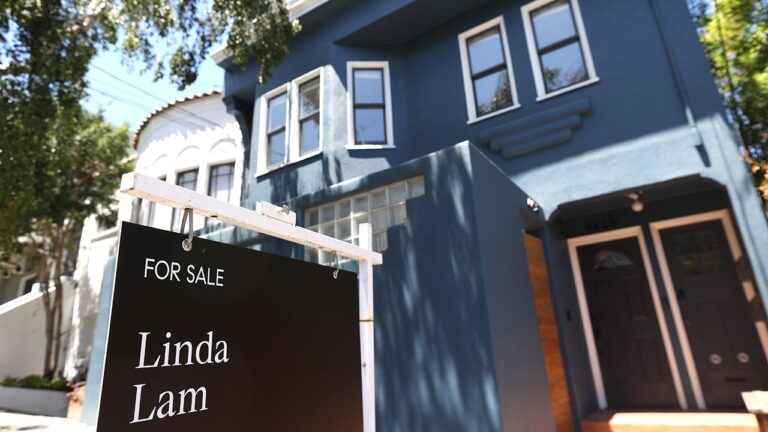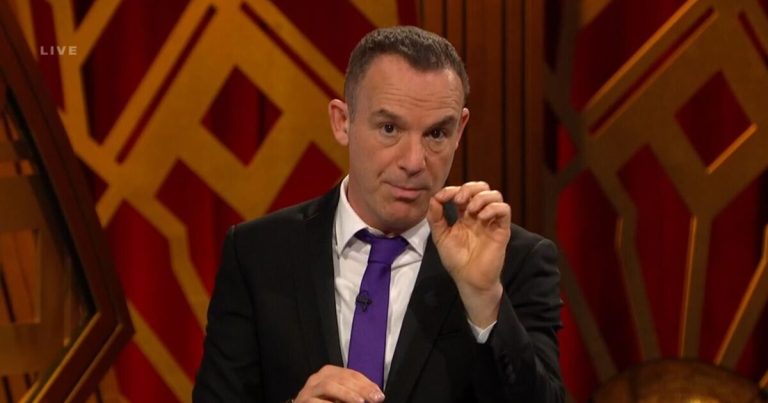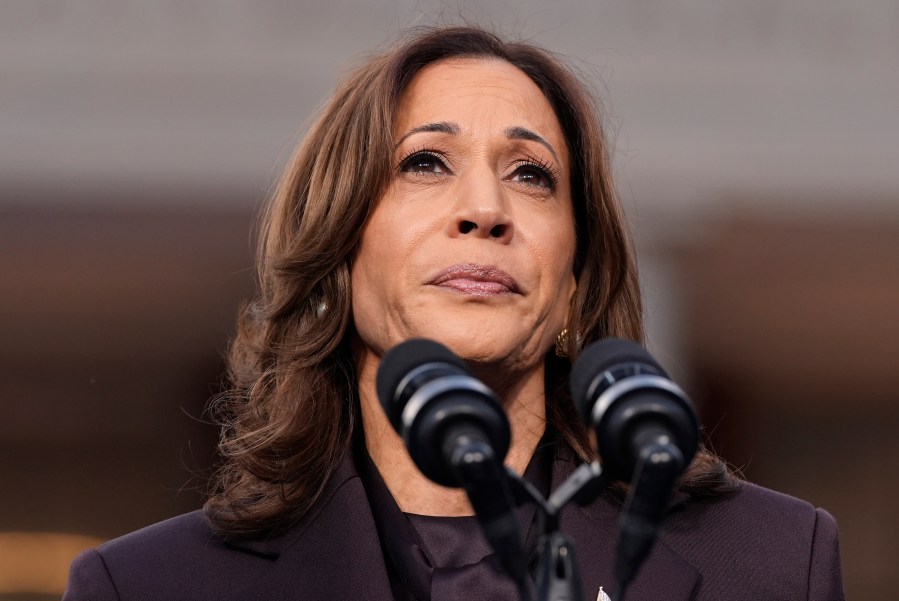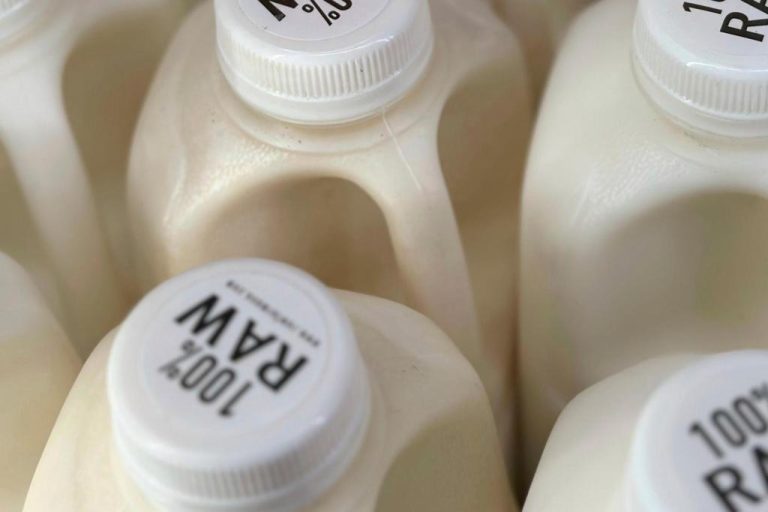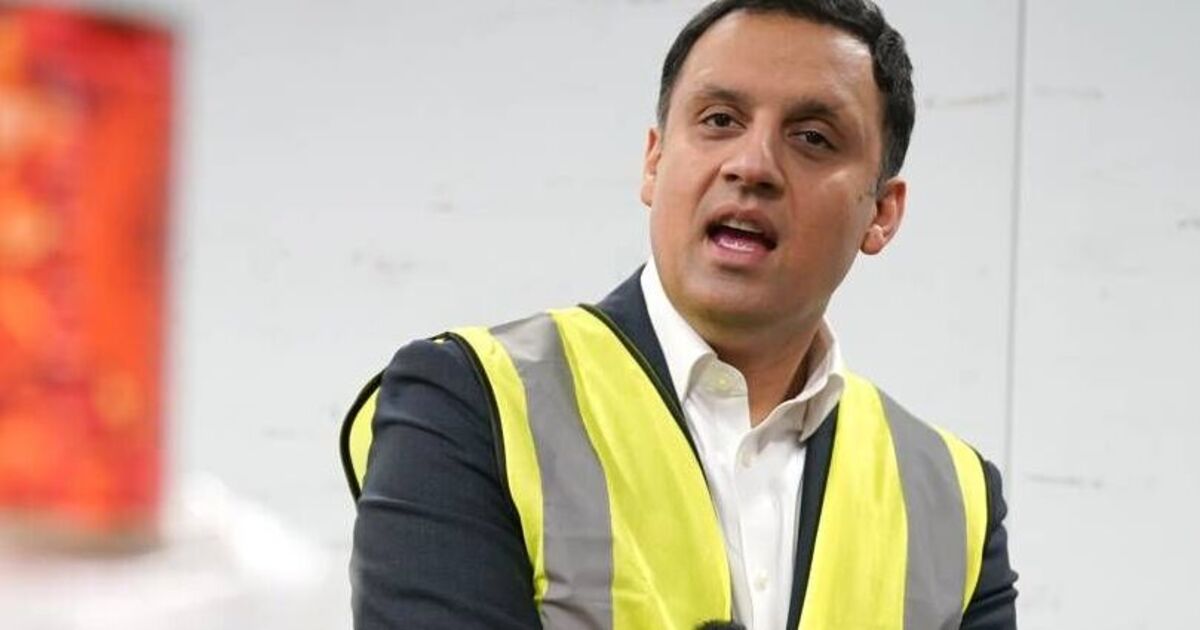
Scottish Labour leader Anas Sarwar has lambasted both the SNP and Tories for financial missteps, claiming Scots are now shouldering the burden through increased taxes.
From Saturday, nearly half of Scottish taxpayers will be out of pocket compared to their English counterparts, with those on a £30,000 salary paying an extra £11 and those on £40,000 shelling out an additional £111 annually, as reported by the Scottish Fiscal Commission (SFC).
The tax disparity kicks in for individuals earning over £28,850 affecting 51 percent of taxpayers and those raking in above £150,000 will face over £5,000 more in taxes each year.
The Scottish Government’s latest Budget saw a hike in the top tax rate by 1p and the introduction of a new band for high earners. Ahead of a campaign event on Friday, Sarwar blasted: “Once again working Scots are being forced to foot the bill for SNP and Tory mismanagement.”
He also took aim at Humza Yousaf, saying: “Humza Yousaf is detached from reality if he thinks that 1.5 million Scots should pay more tax and oil and gas giants should pay less.”
Sarwar continued his critique, stating: “Scotland is being failed by an SNP Government that is attempting to use income tax as a sticking plaster to cover for their woeful failure to grow our economy or manage public finances.”
He concluded with a stark comparison: “Just like the Tories, the SNP is not on the side of working people.”
“Under both the SNP and the Tories, Scots are paying more and getting less while taxes keep rising, so too do NHS waiting lists.”
was the scathing critique levelled at the current Scottish administration.
He promised that a Labour government would “put economic growth front and centre”, committing to “end the culture of mismanagement and waste that has consumed both governments”.
Liz Smith, the Scottish Conservative finance spokeswoman, labelled Mr Sarwar as the “Johnny come lately” of Scottish politics, criticising his late disapproval of policies he once supported.
“His party backed the SNP on a string of their most disastrous policies and is only washing their hands of them now they have fallen apart,” she charged. “Labour voted for the income tax rises we now have and praised them as ‘progressive’.”
She dismissed any notion of Labour’s newfound stance gaining traction: “No-one is going to be taken in by this belated conversion. The Scottish Conservatives are the only party that has consistently opposed these punitive nat taxes and are committed to scrapping them.”
The Scottish Government defended its tax strategy, stating it strikes a balance between generating revenue for public services and considering taxpayer and economic impact, highlighting that the new advanced band benefits lower earners and asks more from higher earners.
A spokesperson defended their approach: “The additional money raised through our approach to income tax delivers extra investment a wide range of services and social security not provided elsewhere in the UK, including free prescriptions and free higher education.”
“Council tax is less in Scotland than in England, even before factoring in a council tax freeze for 2024-25.”
“The Scottish Fiscal Commission estimates that the cumulative impact of Scottish Government income tax policy decisions since 2017-18 will raise an additional £1.5 billion in 2024-25, compared to if UK Government tax policy had been matched during that time.”
“Anyone who advocates for removing Scotland’s progressive approach would need to be clear where in public services like the NHS the resulting loss of £1.5bn would come from.”


